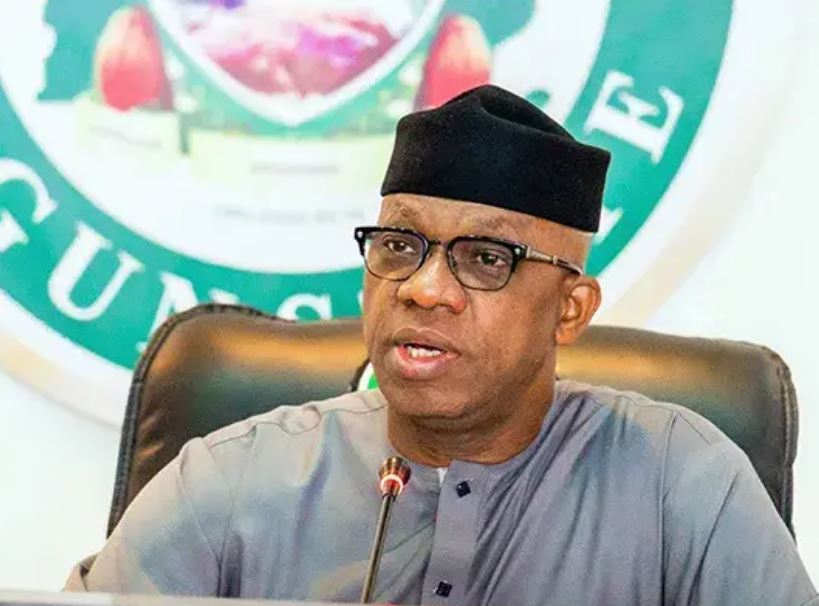Ogun State Governor, Dapo Abiodun, says that fuel subsidy would’ve cost Nigeria N5.4trillion by the end of this year if not removed by President Tinubu.
Speaking at an event in Abeokuta on September 29, Abiodun highlighted that paying such a massive amount for fuel subsidies would have been catastrophic for Nigeria, especially given the FG’s N6.7 trillion budget for the fiscal year.
The governor said the amount saved from the subsidy removal will be invested in improving infrastructure and other social services.
“The Federal Government, under the visionary and dynamic leadership of our President, Bola Ahmed Tinubu, wasted no time in initiating a series of bold, courageous, and transformative policies aimed at revitalizing our economy and steering the nation away from the brink of bankruptcy. These decisive actions have been necessary steps in addressing the significant economic challenges that have plagued Nigeria for years, and as a nation, we must remain committed to persevering through this period of reform for the betterment of our future.
One of the most crucial and impactful decisions taken by Mr. President was the removal of the longstanding fuel subsidy. This subsidy, which was originally intended to provide relief to Nigerians, had unfortunately become unsustainable and was increasingly detrimental to the economy. Had the subsidy not been eliminated, it would have cost the nation a staggering N5.4 trillion by the end of 2024. This massive financial burden would have drained vital resources that could otherwise be allocated to pressing national needs.
ALSO READ: It’s time to end fuel subsidy payments – Dangote

 Entertainment1 week ago
Entertainment1 week ago
 Business7 days ago
Business7 days ago
 Football1 week ago
Football1 week ago
 Health1 week ago
Health1 week ago
 Business1 week ago
Business1 week ago
 Latest1 week ago
Latest1 week ago
 Entertainment1 week ago
Entertainment1 week ago
 Football7 days ago
Football7 days ago

